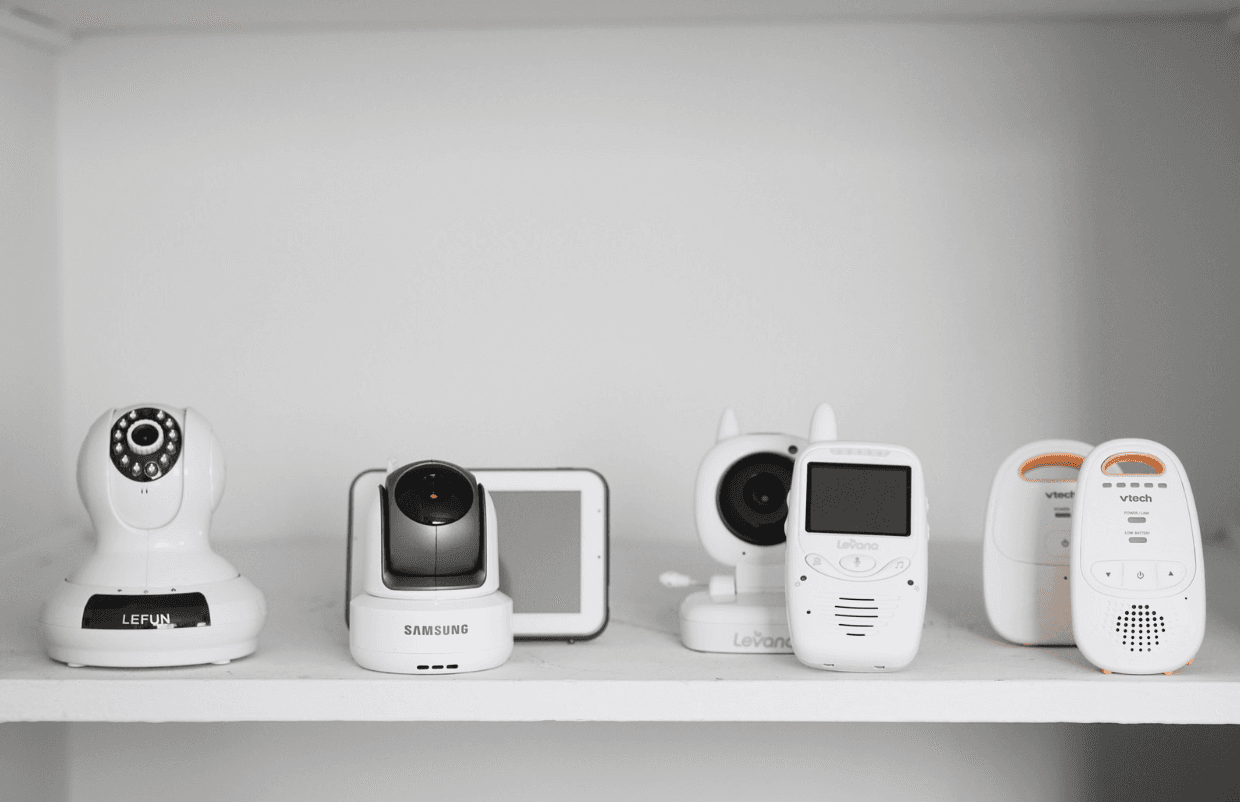-
(#1) Make Sure The Home Has A Solid Foundation
Foundation problems are hard to fix, they decrease the value of the home, and they get progressively worse over time. You can tell if a home has foundation problems if there are uneven floors, cracks in the walls, or doors that stick in place or swing unnecessarily.
The foundation of a home helps maintain its structural integrity. Loaning institutions generally don't close on homes with poor foundations, and repairs can be expensive. It's better to avoid the hassle than deal with it as a new owner. If the foundation has recently been addressed, however, the structure is likely stronger than ever.
-
(#4) Feel Out The Temperature Of Each Room
The temperature of a home can seriously impact your comfort - and your utility bill. Check the temperature of each room, check if each room is properly insulated, and figure out what kind of thermostat the home has in place. You don't want to be running up your bill during the winter months or having to sleep on top of your covers in the summer.
Also make sure to ask about the fireplace, what kind it is, and how it will affect heating in the rest of the home.
-
(#8) Get A Professional Home Inspection Done
Home inspections provide you with a detailed outline of what to expect from the home you're about to purchase. They also act as a negotiation tool if you find any additional costs left unaddressed by the seller. Most inspectors cost between $300 and $500 and can be found via online tools that offer personal recommendations.
Make sure you know ahead of time what the inspector will and will not check for. You will want to be present for the inspection so you don't miss anything. Most inspectors will look at the structure's foundation, lot, roof, exterior, attic, basement, electrical, plumbing, heating and cooling system, and appliances, as well as checking the odor and looking for interior evidence of leaks.
Make sure to ask the seller for a full disclosure statement prior to the inspection so you're aware of any unpermitted work by the owner by the time you've made your offer.
-
(#2) Visit The Neighborhood At Different Times
House hunting sites like Trulia help you find the neighborhood you will be most comfortable committing to. Sites like this allow you to read local reviews, check out what the schools are like, compare crime rates, and note what the nearest entertainment hub offers.
A few things to consider when checking out a neighborhood are how your noise habits compare to those around you, whether you prefer to walk or drive, what the public transportation options are, whether there are any nearby parks, and what the local demographics are. Is it mostly families, college students, couples, etc?
In addition to the online support, take walks at different times throughout the day and make sure you feel comfortable before making a decision.
-
(#3) Check The Roof
Ask the seller how old the roof is and if the gutter and drainage systems are in order. You can hire a professional roof inspector or search for yourself, but make sure there is no sagging, no mold or rot, and no significant structural flaws. The older the roof, the more likely it will need to be replaced in the coming years; but if everything else is in order, you probably won't have to worry about it until you're ready.
The cost to repair a damaged room can become pricey and take time. Moving into a new home is already a major life change, and you don't want to deal with a roof replacement right away.
-
(#7) Test Every Nozzle, Switch, And Window
Check out the insulation integrity of every window as well as whether or not that window functions as it's supposed to. Does it lock? Does it open and close all the way? Is there a screen? Also make sure to test every nozzle for efficient water flow and potential leakage.
Finally, flip every light switch in the home. Electrical issues can be a pain to address, and if there are any problems, the source is simple enough to sort out. Once you've ruled out any malfunctions with the breaker, turn it off and remove every light switch cover. Use a continuity tester, found at most hardware stores, to locate the origin of your trouble.
New Random Displays Display All By Ranking
About This Tool
When considering buying a new house, you must notice all the details of your house and the community, ask as many questions as possible, and understand everything about the house you want to buy, including when it was built, when it was renovated, maintenance records of various facilities, and so on.
If necessary, you can apply for multiple inspections at different times. Take as much time as possible to compare different houses on the spot, and make better judgments from the advantages and disadvantages of different houses. The random tool lists 11 things you should look out for before buying a new house.
Our data comes from Ranker, If you want to participate in the ranking of items displayed on this page, please click here.







